Parrots –How to Manage Coming Out of Lockdown
Covid-19 has put a huge amount of stress on all of us, whether we’ve suffered from the virus or not. Uncertainty over our health, work, finances, and relationships, and not being able to see family and friends has taken its toll on just about everyone.
It’s no wonder people have turned to pets for companionship, fun, stress relief and entertainment in large numbers. In fact, according to UK Pet Food (formally the the Pet Food Manufacturer’s Association), more than 3 million UK households acquired a pet during lockdown.
According to UK Pet Food, around 800,000 of these have been birds.
And boy how we’ve spoiled them! Rightly so, they deserve it. They’ve had the best of us. At home all day, we’ve lavished attention on our new-found friends, played with them, petted them, talked to them and welcomed them into our tribes and our hearts.
But, with lockdown restrictions now loosening, and homeworking being wound down, there are fresh challenges on the horizon for everyone, not least for the birds and animals in our lives.
Amenable to Change
The first thing to understand is that parrots are generally amenable to change, and most will take your new routine in their stride.
Les Rance, Secretary of The Parrot Society, said parrots adapt to a change in routine when their owners go on holiday, and the same should be true as their owners go back to work.
Les said: “With so many people working from home over the past year, our parrots have seen far more of us during the COVID-19 lockdown than at any other time. Mostly, your parrot will have enjoyed this change because you have been around the home much more than you would have been when you were at work.
“Once people start to drift back to work when COVID-19 is controlled, our homes will become quieter, but most parrots will be capable of adapting to their pre-COVID routine quickly and without any fuss.”
To smooth the transition, Les recommends spending more time socialising with your feathered friend when you are at home.
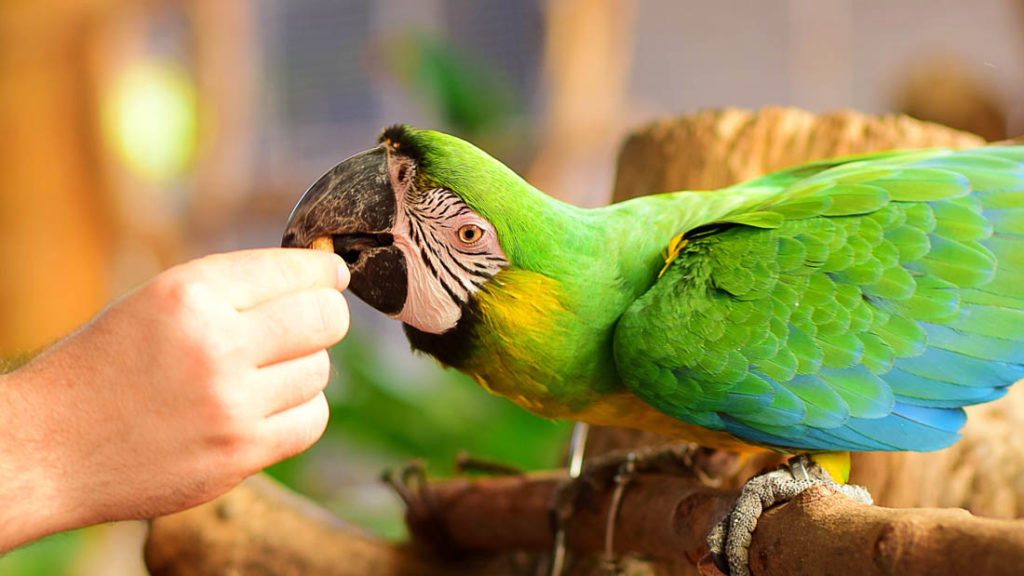
“Give him or her a favourite treat,“ said Les.
“Pomegranate and sweet grapes are two fruits that most parrots relish, just a small portion, keep the rest in the fridge for the following days.
“Also remember that a spray of water is very good for your parrot as generally, with central heating, our homes are too dry, so a spray helps redress this balance. And remember that ultraviolet light is good for us all, both human and parrot.
“Half an hour outside each day is ideal. Glass in windows unfortunately filters out the ultraviolet rays, so a parrot must be outdoors to gain this free benefit.
“All of these things are excellent ways to spend time with your parrot when you’re not at work and will help smooth the transition to their new routine well, as well as helping to ensure they enjoy excellent mental and physical health.”
Symptoms of Stress in Parrots
Although most parrots will quickly adopt to their post-COVID routine, a minority may experience symptoms of stress. These can include:
- Stress bars. These are horizontal lines across the shafts of the bird’s feathers and is often seen in conjunction with moulting.
- Feather plucking.
- Aggression.
- Loss of appetite.
- A change in behaviour such as pacing, head swinging, tapping and screaming.
If your parrot begins to display any of these signs, they might be suffering from separation anxiety and intervention may be required.
Prevention is the Best Cure
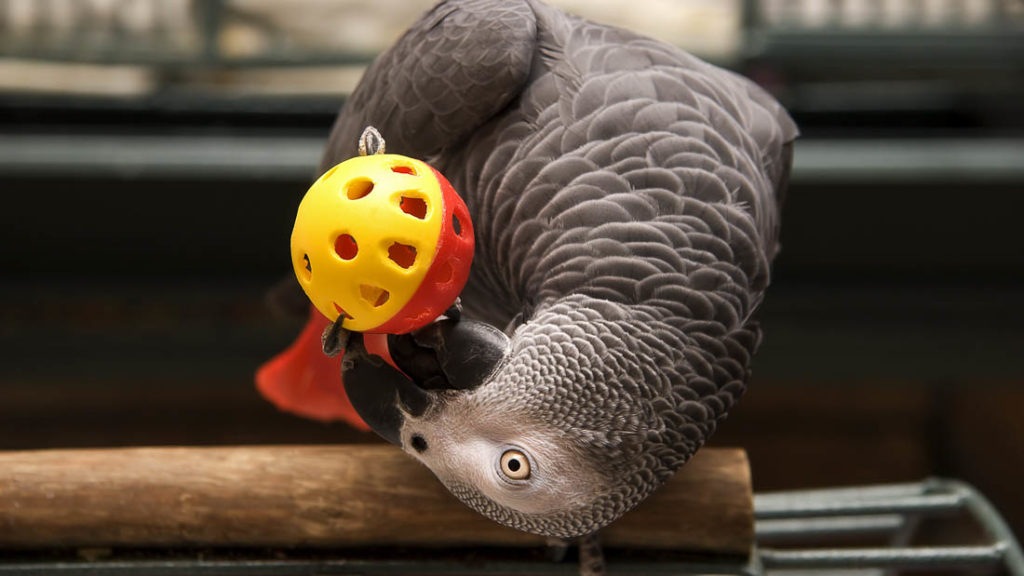
As with anything medical, prevention is better than cure and there are things you can do in the run up to your return to work to ensure your feathered friend doesn’t suffer.
For example, if you know the date that you go back to the office full time, start leaving the house for short lengths of time in the week running up to that day. This will give your parrot chance to adjust to being alone and teach him or her you always return.
You may want to start with just five or ten minutes on the first day, building up to a couple of hours across the week.
When you do go back to work, it is important to give your parrot time to adjust. They might show signs of stress in the first few days, but usually, once they learn you return from work every day, they will settle back into being their normal selves.
However, to ease that transition, ensure you spend a bit of quality time with your feathered friend every day when you return from work.
While you’re out, ensure they have enriching activities that will keep them busy throughout the day. Toys such as foraging towers, wheels and puzzles can keep them occupied for hours. You can even fill these with foods such as Monkey Nuts or Small Dark Striped Sunflower Seeds, as these make work for your parrot to get into, providing even more stimulants with a tasty reward.
Professional Advice
But what if the signs don’t go away and you’re still concerned?
Well, first of all, don’t panic. Separation anxiety can be effectively treated.
That said, if, after a period of time, your parrot is still showing signs of stress despite doing the things recommended in this blog, it is time to seek professional advice.
Consult a vet who specialises in birds as they will be able to advise on medical interventions, or an avian behavioural specialist who will work with you and your parrot to get to the root of the problem.
Even if it feels hard at first, and seeing your feathered friend in distress is upsetting, don’t lose hope. Parrots are highly intelligent creatures and once they learn that you’re not leaving them for good, they should soon start to settle back into stress-free routine and return to being the wonderful companion you love.
Our recent posts giving advice and guidance on parrots & parakeets
Ahoy the Mighty Macaws – the Pirate’s Favourite!
Reading Time: 15 minutes Mention the word parrot and the first thing many people think of is a Macaw. Sat abreast many a pirate’s shoulder in books, TV, films and cartoons, these colourful, long-tailed birds are big, beautiful, instantly recognisable as the archetypal parrot, and always happy to take a tasty treat from their owner.
Johnston & Jeff Appointed as Exclusive Distributor of Innovative New Pelleted Bird Food
Reading Time: 6 minutes We are very excited to have been appointed as the exclusive UK distributor for an innovative new pelleted bird feed. Italian manufacturer Fiory has created a cold pressed pellet range called Micropills, suitable for parrots and parakeets, and has signed an exclusive deal with us to sell it in the UK.
Ring-Necked Parakeets – the UK’s Only Wild Species of Parrot
Reading Time: 8 minutes Did you know that the UK has its own population of wild Parakeets? Yes, that’s right, a wild parrot in Britain and one that is growing in population. In this blog, we take a closer look at the fascinating Ring-Necked Parakeet.



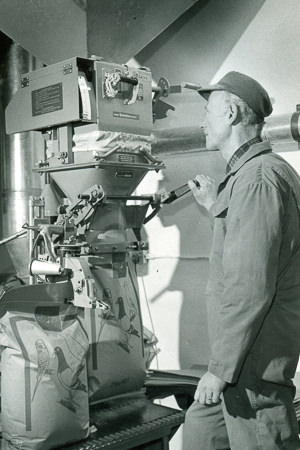
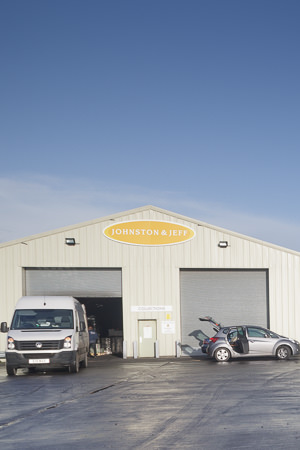

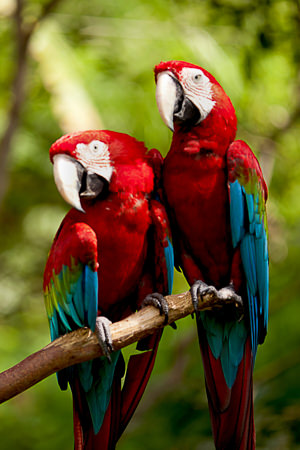
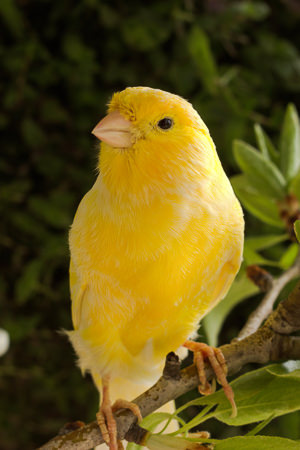

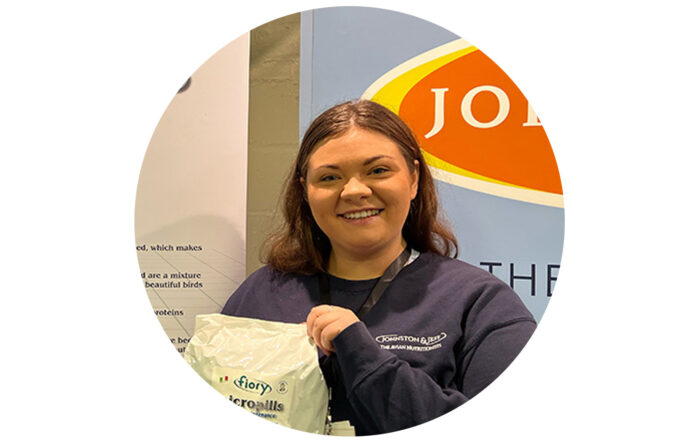
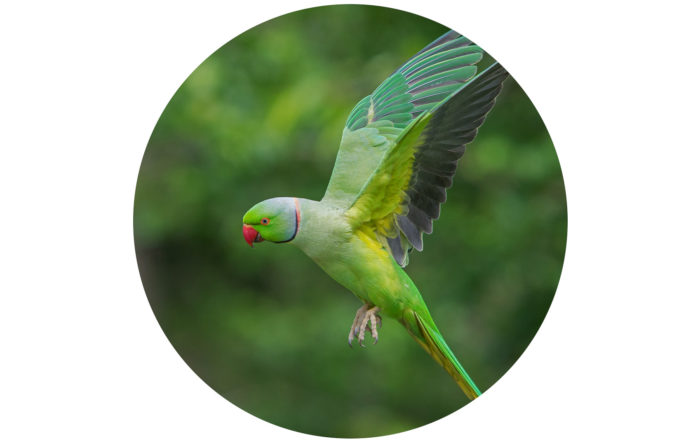
Leave A Comment